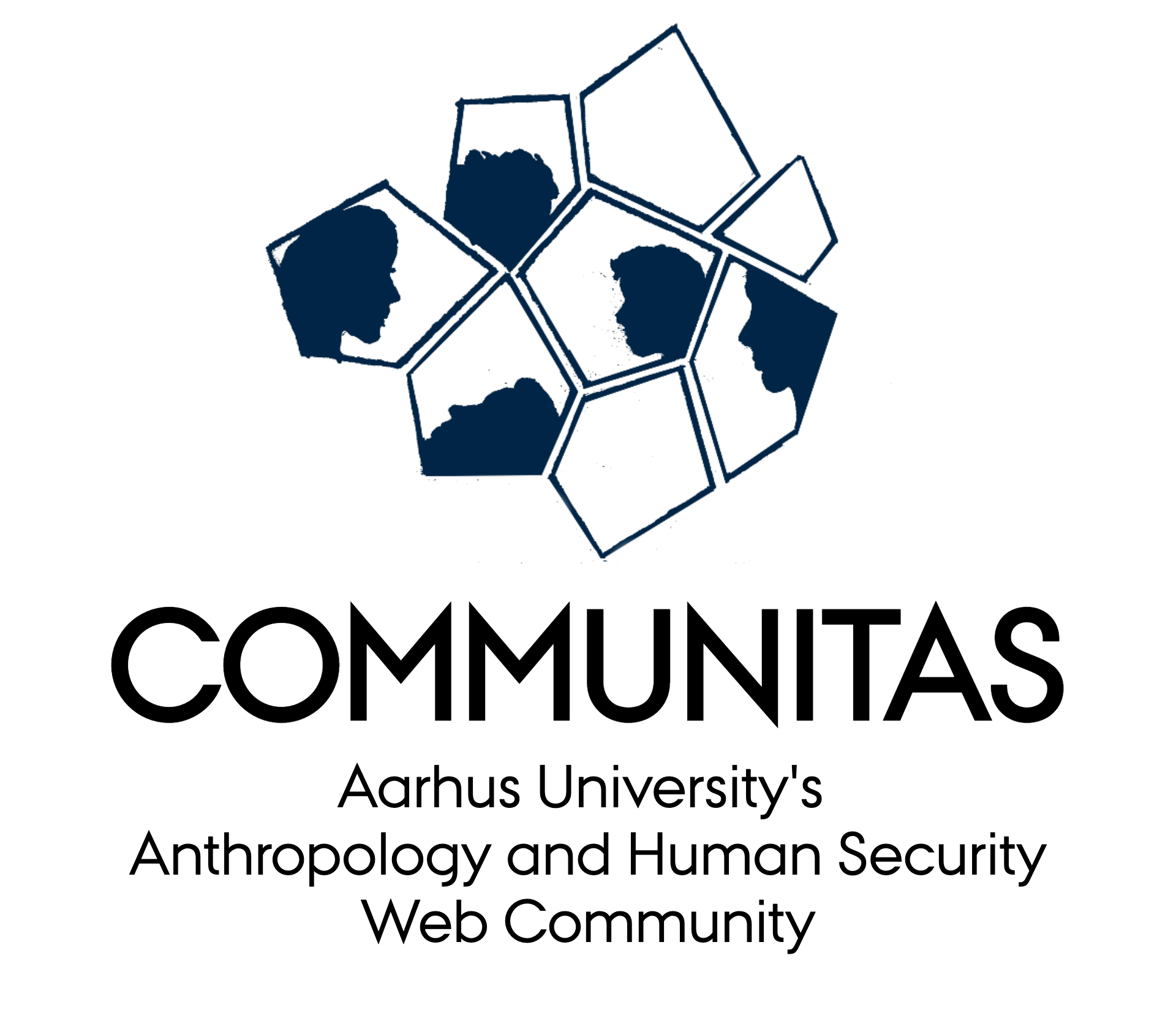By Sarah Gjerding
Hello everyone
I’m Sarah and I currently work as Gender Specialist with the United Nations Office for Project Services (UNOPS) Operational Hub in Amman, Jordan that covers UNOPS projects implemented in Jordan, Lebanon, Syria, Iraq, Yemen and Djibouti. I graduated from the Department of Social Anthropology at the University of Århus in 2008.

How was your journey from university to employment?
After graduation, I immediately took up my first job as project coordinator at the International Rehabilitation Council for Torture Victims (IRCT) in Copenhagen, where I had had a student job 15 hours a week during my last year of studying. As I was finalizing my thesis in the summer of 2008, a full time job coordinating a global rehabilitation project for torture survivors in five countries in the global south became vacant and due to my experience working in the organization for the past year, I was offered the job. After two year of working at the IRCT I moved on to a position as partnership and network coordinator for the Arab Region at ActionAid Denmark (Mellemfolkeligt Samvirke). From ActionAid Denmark I moved on to EuroMed Rights, a human rights network working in Europe and Middle East and North Africa region, where I worked as gender programme officer for 5 years, before joining UNOPS in Jordan in the early summer of 2019.
In my current job with UNOPS, I am one of the very few – if not the only – social scientists in a working environment dominated by engineers, finance, human resource and procurement specialists. This is due to the nature of UNOPS’ mandate which includes building and rehabilitating infrastructure for development and providing services to other UN agencies, governments and other humanitarian partners in the areas of project management, HR and procurement. As the gender specialist, I am responsible for making sure that all our projects take into consideration the different needs of women and men respectively in infrastructure and that we promote gender equality in our procurement, through supporting procurement from Women Owned Businesses and encouraging our suppliers to have gender friendly business practices (sexual harassment policies, family friendly working arrangements, equal pay etc.). In brief, my role is to make sure that we take the needs of people (men and women) into consideration in our projects, so that infrastructure will not only be solid and of good quality, but also that the way it is designed will meet the needs of the people whom it is supposed to serve.

How do you make use of anthropology in your daily work?
I use anthropology a lot in my daily work. When making sure to design our projects in a way so they will serve the needs of people, I plan and sometimes also myself conduct gender analyses, where focus group discussions and interviews are key methods to assess the needs of different gender groups. I also work to make sure that we consult with all groups in society, not only the powerful and those in decision making positions, but also those whose voices are not so often heard such as women, youth, people with disabilities and minority groups. Because as an anthropologist I know that societal and power dynamics have a huge impact on our ability to push for positive change and development.
Recently, I was part of conducting a series of focus group interviews with the staff of a Center for Oriental Research in Amman that UNOPS is rehabilitating. I was accompanied by the project manager for the project, a female colleague who is a civil engineer, and who had been quite skeptical about the need to spend time doing these focus group interviews, since work on the rehabilitation design was already running late. As we sat down for the first focus group interview with the group of local female staff, one of the participants spontaneously said: “Why did you wait so long to ask us our opinion? We have been waiting for this for a long time!” During the session, I noticed how my colleague’s reluctance slowly disappeared and her interest grew. By the end of the session she was super enthusiastic and told me she had to call the design company right away to inform them about all the proposals that had come out of the focus group, because this was some of the best input they had had so far! And this is how the power of anthropology was able to “turn” a hardcore natural scientist in just 60 minutes 😊.

What advice would you give anthropology graduates, who are looking for a job?
If I was to give a piece of advice to students of anthropology looking for work, I would say: try to find a student job or do some voluntary work in the area of work that interests you. Having some work experience, particularly within the field that you are interested in using your degree for, will earn you extra points. Secondly, pursue your interest, but also keep your options open. You will not necessarily get your dream job as the very first job. Thirdly, be curious and creative about what anthropology can be used for. There is almost no field of work, where anthropology cannot be put to use. Sometimes you just have to convince people about it.
I wish you all the best of luck and remember to also enjoy the journey. Anthropology is not just the degree you get at the end of the road. It is also everything that happens along the road to getting there.

